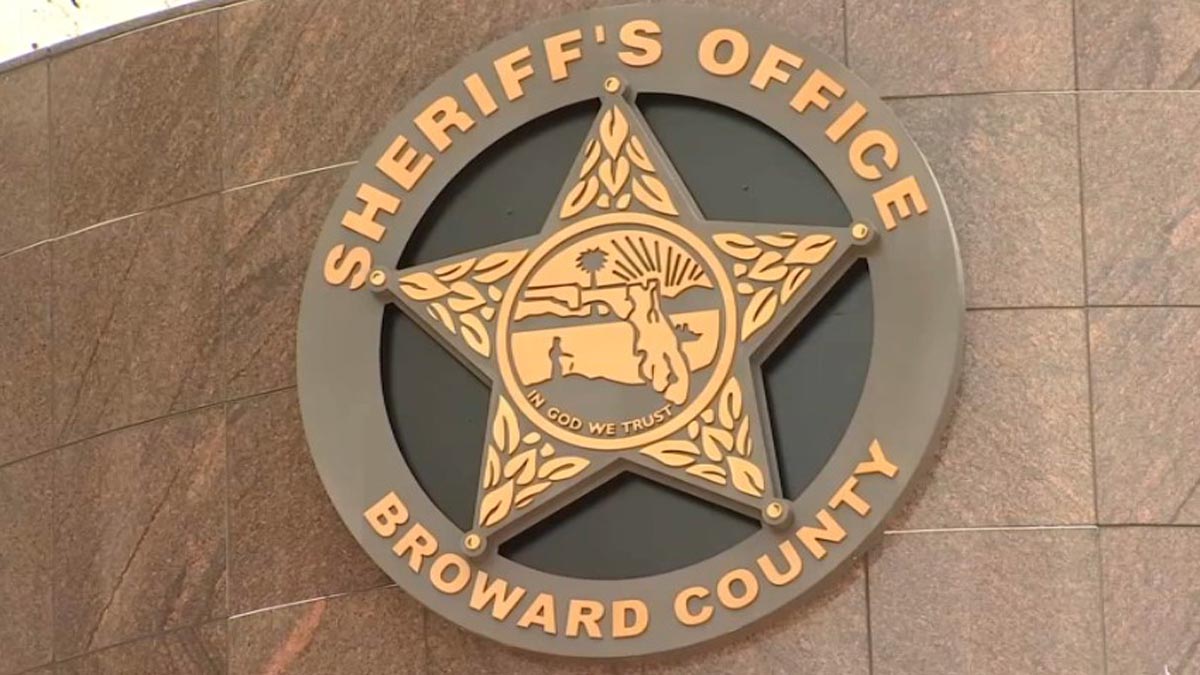As a South Florida law enforcement officer, Raynier Rodriguez didn’t expect to become a victim of crime.
In August, Rodriguez says he got a phone call from a Chase Bank representative in Texas.
“In Texas, I got a call from a branch manager that fraud was taking place at that location,” Rodriguez said. “I’ve never been to Texas before. I immediately drove to my nearest bank and I alerted the manager there that I was being targeted for identity theft.”
Safeguards and quick actions stopped that fraud, but weeks later he noticed strange activity in his savings account with Chase Bank.
Get South Florida local news, weather forecasts and entertainment stories to your inbox. Sign up for NBC South Florida newsletters.
“There were two transactions. One transaction was $51,000. The second transaction was for $1,350,” Rodriguez said.
He said a Chase representative told him someone impersonated him at a Chase Bank branch in Ohio and opened a business account in his name.
“From that business account, they transferred $51,000 and immediately transferred $1,350,” Rodriguez said.
Local
According to the Federal Trade Commission, this type of fraud is on the rise. Bank fraud related to new accounts is up 64% from last year.
With the money gone from his account, Rodriguez worried he wouldn’t be able to get it back.
“I was calling the bank almost every day, I was calling back and forth asking questions,” Rodriguez said.
After more than a week, he called NBC 6 Responds and Telemundo 51 Responde for help. We reached out to Chase Bank, and a representative told us in a statement: “Thank you for bringing Mr. Rodriguez to our attention. We’re sorry this happened to him and have credited his account for the full amount.”
“I was able to get my money back in time to carry on with my normal life,” Rodriguez said.
Now, he has advice for others.
“Please check your bank account at least three times a day,” Rodriguez said.
If you have become a victim of identity theft, Chase Bank suggested taking proactive steps like getting a copy of your police report, file a complaint with the Federal Trade Commission, and get in contact with the credit bureaus to place a fraud alert on each account.



